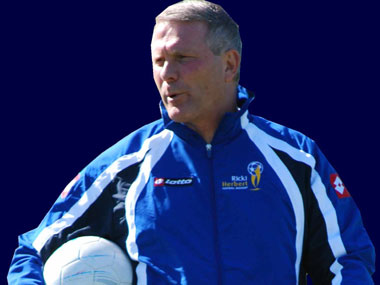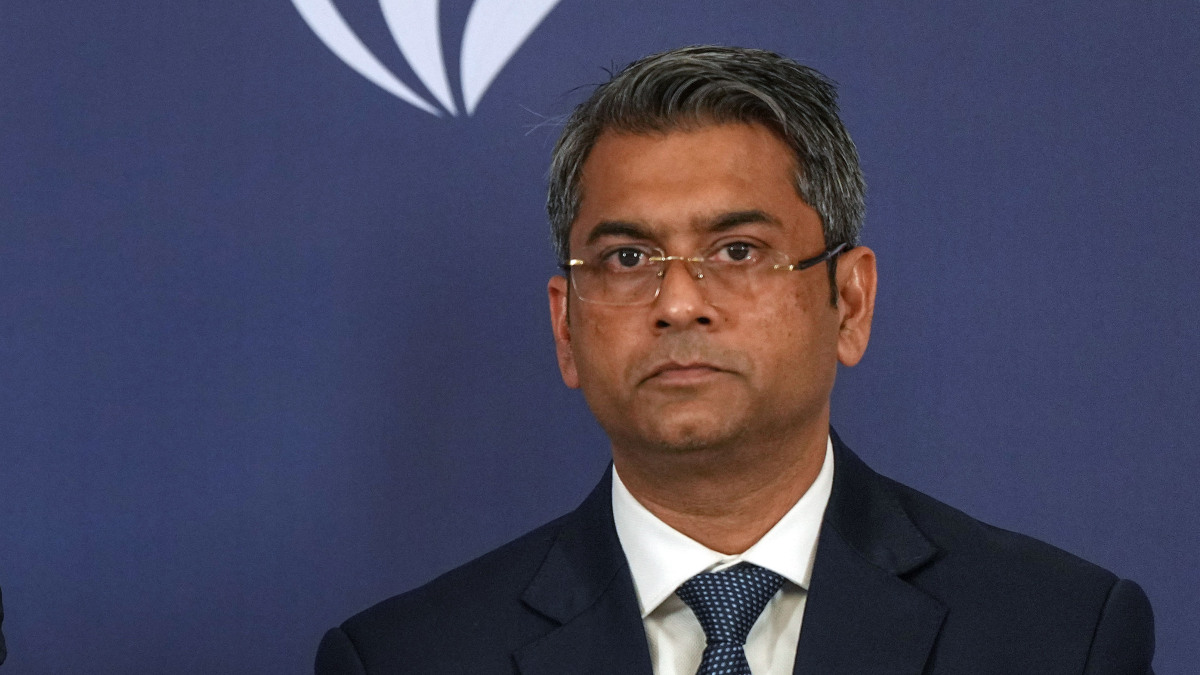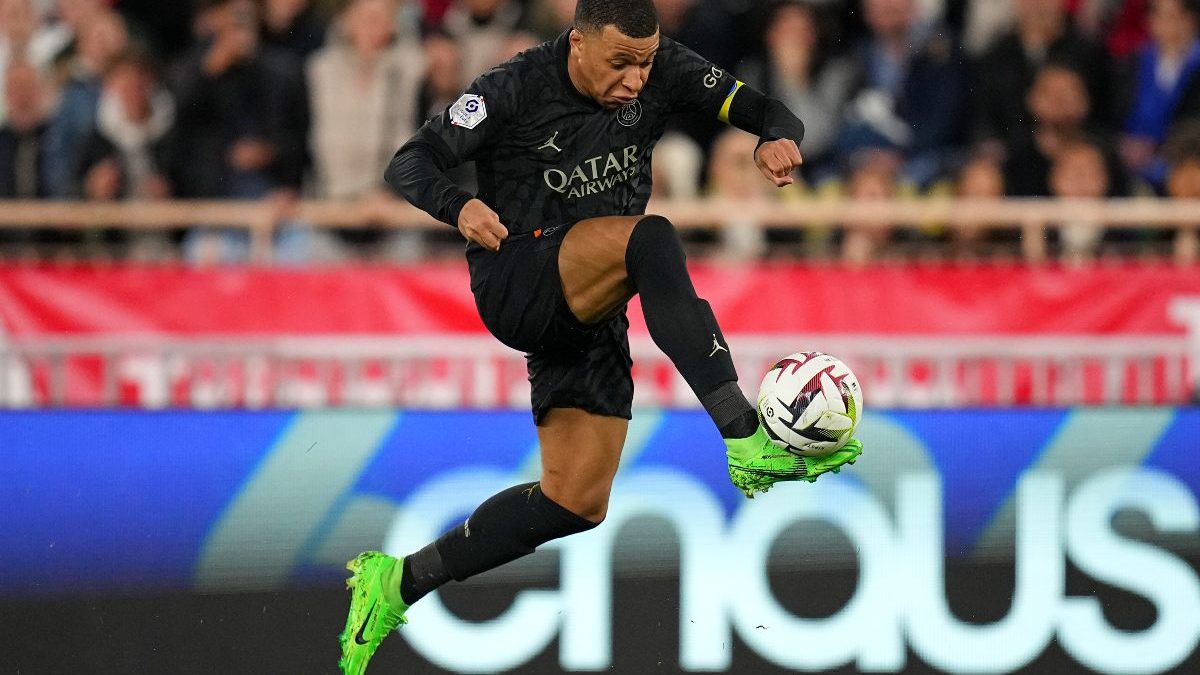The name of Ricki Herbert, manager of Indian Super League (ISL) side NorthEast United, may not raise eyebrows in India, where — thanks to European football’s popularity — we are more used to worshipping Alex Ferguson, Jose Mourinho or Pep Guardiola. In New Zealand though, Herbert is the nation’s darling — part of the two World Cup campaigns in their history — one as a player in 1982 and the other as boss of the team in 2010.
The first of those ended in three defeats, with Herbert in the heart of defence. The second in an unbeaten run after respectable draws against Slovakia, Paraguay and Italy — with Herbert at the heart of team building.
There’s an interesting anecdote about the former Woloverhampton Wanderers defender in a book written on him (A New Fire): After New Zealand bowed out of the 1982 World Cup, Herbert and his wife Raewyn travelled Europe staying in a tent, with all his kit and everything else that World Cup players pick up on the road.
A tent. In Europe. Where — normally — a defender would have chosen the luxury of a lavish Italian hotel after a gruelling World Cup campaign which saw his team leak 12 goals.
The anecdote illustrates his personality — a hard taskmaster who doesn’t believe in tangibles. He believes in what cannot be seen — ‘commitment, dedication, hard work and application.’ And of course, a sense of adventure which has brought him to India.
In a freewheeling chat with Firstpost, Herbert talks about his new team, his football philosophy and the challenges of managing in the ISL. Excerpts:
Q: Why the ISL? How hard was it to convince you to come to India to manage? Is it your biggest challenge yet?
A: While coming to a league that is new and so short would be a challenge for any manager, I have to say that my biggest challenge was taking New Zealand to the World Cup. As for the ISL, it wasn’t hard to convince me — I jumped on board immediately when I was offered the role because it is a special time to come to India.
Q: What sort of a manager are you? What is your football philosophy?
A: Oh I’m a hard taskmaster and love to get on the grass with the players. Communicating strategy is my strong point and I expect all my players to be fit and ready — there is no special treatment for anyone. As for philosophy, I’ve preferred the 3-4-3 and 4-4-2 depending on who we are playing. But ideally my team would be a solid back four with mobile players in attack — be it three men or a two men up front.
Q: Will you be able to employ that at NorthEast United?
A: That you will have to wait and watch. It depends on the type of players we have and how best they can play together. What I can tell you is that it will be a mobile, entertaining team which will play with a lot of enthusiasm and verve. No player has the habit of playing in such a fast paced league so it’s difficult to stamp a way of playing in the time that we have. So, you may see different ways of playing.
Q: How satisfied are you with the current side you have — where would you place them on a scale of 1 to 10?
A: Probably 4/10 but I say that in a positive way. We are not ready yet but we’ve got a few weeks to go and I expect us to be ready in time for the first match.
Q: How are you preparing the team? And what about the challenges for foreign players to play in Indian conditions (after the uproar over conditions in Brazil, India could be worse)?
A: Currently we’re focussing on the physical side of the game — strength and agility training with a close eye on technical preparation also. Not just the foreign players, but all our players’ energy needs to be built according to what they’ve been doing before this tournament. We’re getting them in shape to perform longer and have our own formulas to gauge levels of fitness.
Q: When you see a player for the first time, what do you look for?
A: Commitment and an ability to understand instructions and apply them on the pitch. I give application on the pitch the utmost importance.
Q: Considering your coaching journey so far, would you call yourself an expert at building teams from scratch?
A: My record speaks for itself but you need time, space and stability for that sort of development. What the ISL will do is raise the profile of the game in India. I can look at this project differently because of the duration.
Q: Do you admit NorthEast United are underdogs in the ISL — just like New Zealand were at World Cup 2010? How do you motivate a team that is not expected to win all the time?
A: Most teams are on an equal footing but (considering) we have the youngest side in the league, I respect the fact that we are underdogs — but we have a strong belief of producing future stars for India. Being billed underdogs is a motivation in itself, but we want to make it hard for teams to beat us with our enthusiasm and desire.
Q: Where does an Indian player stand when it comes to comparisons with foreign players? Where do we lack?
A: You lack in providing tougher competition. Be it strength, speed or endurance — players need time to get to another level and it happens only if they play against and with players who are at a higher level than them. Tougher international friendlies and leagues like the ISL will see a marked improvement as players strive to get to another level. That’s what India needs — a higher level of competition. And of course, the belief that you can get better.
The writer tweets @TheFalseNo9


)




)
)
)
)
)
)
)
)